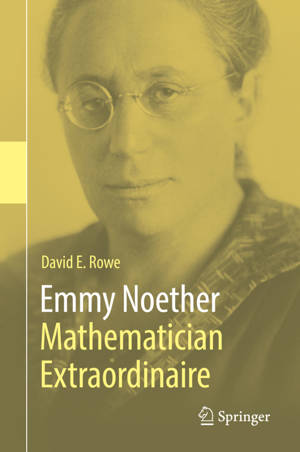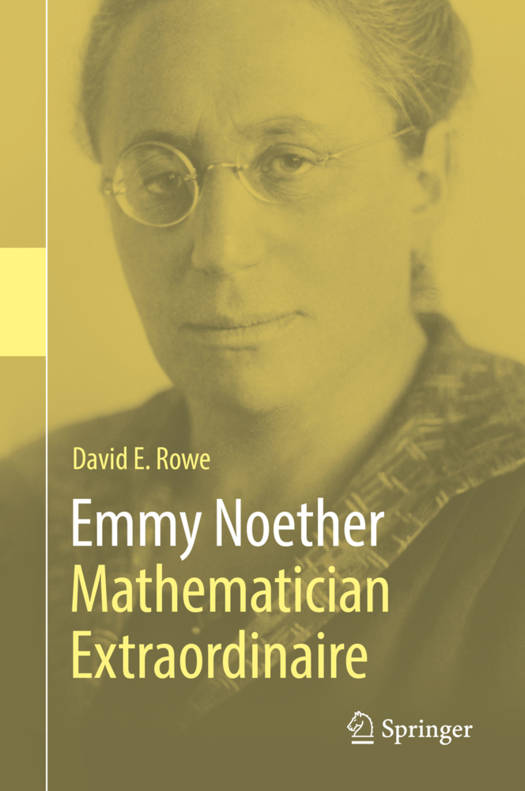
- Retrait gratuit dans votre magasin Club
- 7.000.000 titres dans notre catalogue
- Payer en toute sécurité
- Toujours un magasin près de chez vous
- Retrait gratuit dans votre magasin Club
- 7.000.000 titres dans notre catalogue
- Payer en toute sécurité
- Toujours un magasin près de chez vous
Description
Hermann Weyl, her colleague before both fled to the United States in 1933, fully recognized that Noether's dynamic school was the very heart and soul of the famous Göttingen community. Beyond her immediate circle of students, Emmy Noether's lectures and seminars drew talented mathematicians from all over the world. Four of the most important were B.L. van der Waerden, Pavel Alexandrov, Helmut Hasse, and Olga Taussky. Noether's classic papers on ideal theory inspiredvan der Waerden to recast his research in algebraic geometry. Her lectures on group theory motivated Alexandrov to develop links between point set topology and combinatorial methods. Noether's vision for a new approach to algebraic number theory gave Hasse the impetus to pursue a line of research that led to the Brauer-Hasse-Noether Theorem, whereas her abstract style clashed with Taussky's approach to classical class field theory during a difficult time when both were trying to find their footing in a foreign country.
Although similar to Proving It Her Way: Emmy Noether, a Life in Mathematics, this lengthier study addresses mathematically minded readers. Thus, it presents a detailed analysis of Emmy Noether's work with Hilbert and Klein on mathematical problems connected with Einstein's theory of relativity. These efforts culminated with her famous paper "Invariant Variational Problems," published one year before she joined the Göttingen faculty in 1919.
Spécifications
Parties prenantes
- Auteur(s) :
- Editeur:
Contenu
- Nombre de pages :
- 339
- Langue:
- Anglais
Caractéristiques
- EAN:
- 9783030638092
- Date de parution :
- 10-01-21
- Format:
- Livre relié
- Format numérique:
- Genaaid
- Dimensions :
- 156 mm x 234 mm
- Poids :
- 684 g







